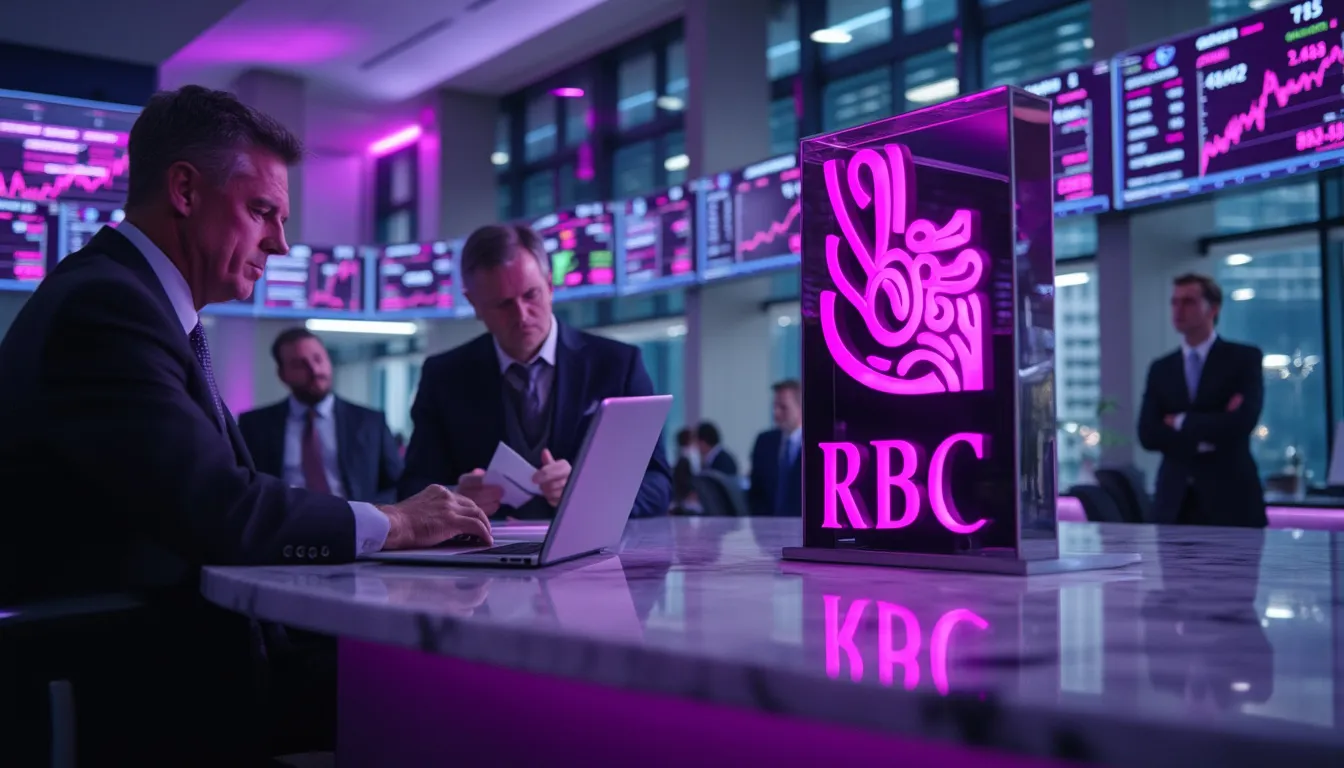Fortinet's Slide Stirs the Cybersecurity Landscape
In today’s session, few names in tech have captured attention quite like Fortinet, Inc. (FTNT). As a global heavyweight in network security, Fortinet is known for its robust firewall, intrusion prevention, and secure access technologies—powering the digital backbone of enterprises and governments worldwide. Yet, despite recent accolades from industry analysts, the stock has sharply underperformed, emerging as a significant laggard in the technology sector.
What’s fueling this downturn, and is the market overreacting to short-term risks? Let’s break down Fortinet’s position, the catalysts behind the move, and what sophisticated investors should glean from this outsized volatility.
Key Takeaways
Intraday Drop: Fortinet shares are down 4.53% as of the latest trading session, with price at $78.80 and volume at 149,932, signaling heightened trader activity.
Recent Accolades: Just days ago, Fortinet was named a leader in Gartner’s 2025 Magic Quadrant for Hybrid Mesh Firewall, underscoring its continued product innovation.
Legal Clouds: Kessler Topaz Meltzer & Check LLP has launched an investigation into potential securities law violations, fueling investor anxiety.
Sector Sentiment: Technology stocks broadly faced pressure, but Fortinet’s decline is notably steeper than its sector peers.
Performance in Focus: Fortinet’s Sudden Slide
Fortinet opened the session at $78.77 and quickly dropped to a current price of $78.80, marking a 4.53% decline from the previous close. Intraday volume is significantly elevated, indicating either institutional repositioning or retail panic selling. Year-to-date, the stock has displayed volatility, but today’s move stands out both in magnitude and context.
While tech indices are under pressure, Fortinet’s outsized loss hints at company-specific concerns. The legal investigation, announced on August 29, is a key headline risk and may have triggered stop-losses or algorithmic selling. The market’s swift reaction highlights the sensitivity to even the perception of legal uncertainty in high-valuation growth sectors.
Analyst and Market Sentiment: Between Industry Praise and Legal Uncertainty
Gartner Recognition: A Double-Edged Sword
On August 27, Fortinet was named a leader in the 2025 Gartner Magic Quadrant for Hybrid Mesh Firewall, with Gartner citing the company’s “ability to execute” as the highest among competitors:
“Fortinet has been recognized as a Leader... and was positioned highest for Ability to Execute.” — Gartner Magic Quadrant, 2025 (Source)
Such recognition typically boosts investor confidence, validating Fortinet’s technological edge and market relevance. However, the current sell-off indicates that legal risks are outweighing near-term optimism from industry accolades.
Legal Investigation: A Major Overhang
On August 29, law firm Kessler Topaz Meltzer & Check, LLP announced an investigation into possible federal securities law violations at Fortinet:
“The law firm of Kessler Topaz Meltzer & Check, LLP is currently investigating potential violations of the federal securities laws on behalf of investors of Fortinet, Inc.” (Source)
While details remain scant, the mere initiation of a legal review—especially in the wake of a high-profile sector correction—has clearly rattled investors. This type of headline risk can create a feedback loop, as traders price in higher uncertainty and push shares lower, potentially irrespective of fundamental progress.
Navigating the Crosswinds in Tech
Broader Technology Weakness
August was a bruising month for the broader tech sector, with many high-multiple stocks underperforming due to macroeconomic jitters, interest rate speculation, and a shift in risk appetite. Barron’s recently spotlighted Fortinet as one of the S&P 500’s worst performers for the month, lumping it alongside other tech names enduring heightened volatility (Source).
Sector Rotation and Competitive Pressures
The cybersecurity landscape has become fiercely competitive, with both legacy players and upstarts vying for market share in cloud, endpoint, and network security. While Fortinet’s platform breadth is a competitive moat, any perception of execution risk—legal or operational—can be swiftly punished in a crowded field.
Strategic Insights: What This Means for Self-Directed Investors
With cybersecurity spending expected to grow steadily in the coming decade, Fortinet remains a foundational name in the space. The latest Gartner recognition confirms its stature, yet today’s sell-off is a stark reminder that even well-positioned leaders are not immune to market anxieties. For investors, the key will be monitoring the evolution of the legal investigation—whether it develops into a material risk or proves to be a transient headline.
Meanwhile, the marked divergence between Fortinet’s industry accolades and stock performance could set up a tactical opportunity for long-term buyers, should legal risks subside and fundamentals remain intact. Until then, a disciplined approach—emphasizing risk management and close monitoring of news flow—is warranted.
Final Thoughts: Fortinet’s Volatility Underscores the Stakes in Cybersecurity
In sum, Fortinet, Inc. (FTNT) stands at a crossroads: industry leadership and product innovation on one hand, legal overhang and sector volatility on the other. Today’s sharp decline is less about business fundamentals and more about the market’s reflexive response to uncertainty. For self-directed investors, the lesson is clear: even “best-in-class” operators can face abrupt sentiment shifts, and success in the tech sector demands both conviction and tactical agility.
Stay tuned for developments on the legal front, and keep a sharp eye on how the market digests Fortinet’s dual narrative of technological strength and headline risk.

.svg)
.svg)
.svg)
.svg)

.svg)

.svg)
















